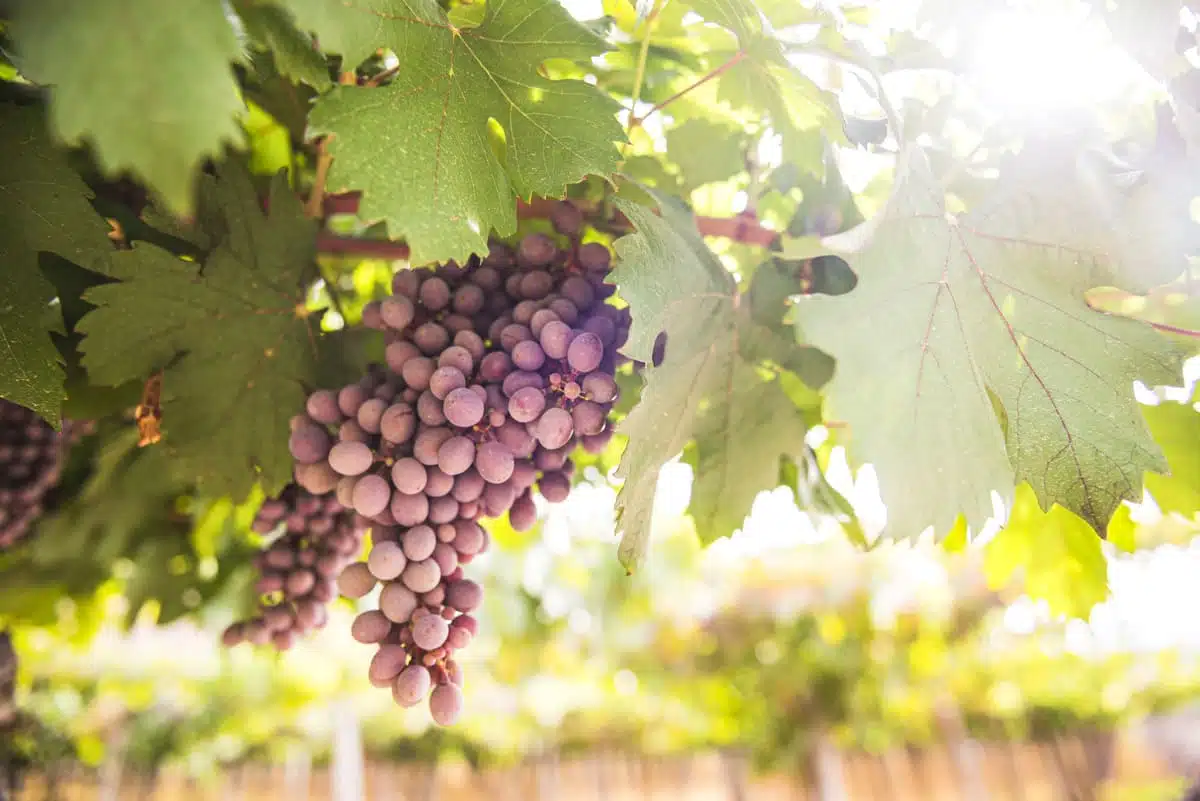If you come into the Hill Family Estate Yountville tasting room, you can always expect many delicious wines highlighting the fruit that Doug Hill grows in our various Napa vineyards. However, if you take a look at our latest release, the Saltonstall Pinot Noir, you may notice something peculiar about it: it is not a Napa Valley Wine. Instead the grapes for this wine were grown in a section of Sonoma County known as the Petaluma Gap.
What exactly is the Petaluma Gap?
The Petaluma Gap is a low area of the Coast Ranges that runs from Bodega Bay to the San Pablo Bay. Granted its own AVA (American Viticultural Area) status in 2017, this area is defined by fog and wind. In fact, its fog and wind play a part in our Napa Valley climate. As the air in the inland valleys (both small, like the Napa Valley and large, like the Sacramento-San Joaquin Valley) warms it rises. Since there are only a couple of breaks in the Coast Ranges, air is drawn through them to equalize the pressure loss from the rising air, like a giant piston. For the Central Valley, all of that air rushes through the Carquinez Straits (and that nearly constant 20 knot wind is why turbine farms are found in the delta there).
Napa Valley draws air in from the San Pablo Bay, creating a suction that pulls cold, wet ocean air in through the Golden Gate and the Petaluma Gap. As it makes its way to the Napa Valley, where it will drop the temperature by around 40 degrees every evening, it must pass through vineyards along this damp corridor. By the time those winds hit Yountville, they will have exerted their cooling effect on the Gap for hours.
What is the effect of this cold wind on the fruit grown in the Petaluma Gap?
Cool temperatures slow ripening and keep the berries small. When the grapes develop high enough sugar levels for harvest, they will also show considerable acidity and phenolics, and the aromatic development will have had time to catch up with sugar development. Pinot noir, a grape that has a tendency to ripen early, especially in warm areas, is a natural choice for planting in the Petaluma Gap. Wines made from these small, slowly ripened berries are lively and bright. Red fruit notes are particularly dominant. Our Saltonstall Pinot Noir is no exception to this.
In the history of California, Petaluma has always been known as a powerhouse of poultry and dairy farming, reflected in their annual Butter and Eggs Parade. However, as viticulture expands in this region, that may continue to shift. Meanwhile, what better way to celebrate Petaluma than to have a smoked Willie Bird turkey breast with a glass of Hill Family Estate Saltonstall Pinot Noir?
Be sure to ask about this wine when you stop by next at our Yountville tasting room.

